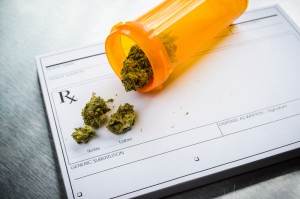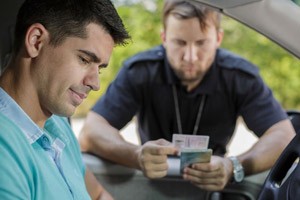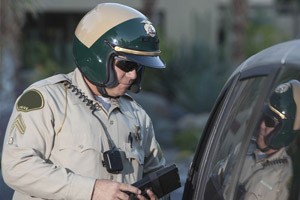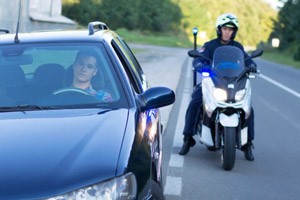A comprehensive report detailing national alcohol-impaired driving statistics for the year 2016 was recently published by the National Highway Traffic Safety Administration (NHTSA), analyzing all the data that was turned into the office by public law enforcement agencies across the county. This report specifically focused on accidents and fatal crashes caused by drivers, and the data was examined based on many characteristics, including by age group and gender. The study also compared how trends have chanced over the prior ten years, looking at 2007 and 2016.
Over that time period, the number of underage drivers – drivers between the age of 16 and 20 – who were involved in a fatal crash decreased. Moreover, the number of those crashes that involved a blood alcohol content of .08% or higher also decreased, representing positive change.
Despite this decrease over time, studies continue to show that young people who drink and drive are much more likely to cause serious accidents. Furthermore, this data only included statistics for underage drivers with a BAC of .08% or higher. However, the legal drinking age is 21 years of age, in New Jersey and across the country, and a BAC of even .01% is enough to support a conviction for underage DUI or DWI, whether or not the driver is involved in a collision or crash. With prom, graduation, summer vacation, and other activities around the corner, we at the Edward M. Janzekovich law blog would like to reiterate that the best advice is to never drink and drive.
Underage Intoxicated Driving Statistics
The NHTSA report found that there were 4,412 fatal crashes in 2016 involving a driver between the ages of 16 and 20 years old. Of these, 663, or 15%, involved a BAC of .08% or higher. Across all age groups, there were 9700 fatal crashes involving a driver with a BAC of .08% or higher, meaning the number of underage fatal crashes accounted for nearly 7%.
In 2015, there were 4,214 fatal crashes involving a driver between the ages of 16 and 20 years old, and 659, or 16%, involved a BAC of .08% or higher. Both the 2015 and 2016 data represent a significant decrease from the previous decade. In 2007, there were 6,894 fatal crashes involving a driver between the ages of 16 and 20 years old, and 1,218, or 18%, involved a BAC of .08% or higher.
Legal Consequences for Underage Driving While Intoxicated
Although there has been a decrease in crashes involving underage and intoxicated drivers, the penalties in New Jersey for drinking and driving before the age of 21 remains extremely serious, and it is much easier to be convicted with the lower legal blood-alcohol limit for minors.
If convicted of DUI or DWI, an underage driver will face the following penalties:
- Your driver’s license will be suspended for 30 to 90 days.
- You will be required to perform 15 to 30 days of community service.
- You will be required to attend an Intoxicated Driver Resource Center alcohol education program and/or other highway safety program.
- You will be required to pay significant fines, fees and surcharges.
- Your car insurance will increase significantly.
- You could have your car impounded.
- Your permanent record will reflect that you had a DUI/DWI conviction, that you may need to disclose on college applications, future job applications and even for financial aid requests. A drunk driving conviction could also make you permanently ineligible for certain jobs in the future.
If you or someone you know is arrested or charged with an underage DWI, failing to get the best legal representation could result in consequences that last a lifetime.
New Jersey Attorney Edward M. Janzekovich Does DUI and DWI Defense for Drivers of All Ages
If you or someone you know is arrested, charged for, or convicted of drinking and driving, it is important to know the consequences and how to present the best defense in your case. An experienced lawyer may even be able to have the charges against you dismissed. A good attorney can make all the difference. To speak with an experienced New Jersey DWI/DUI lawyer about your situation, call us at 732-257-1137 or contact us online today. We serve clients throughout the state of New Jersey.












